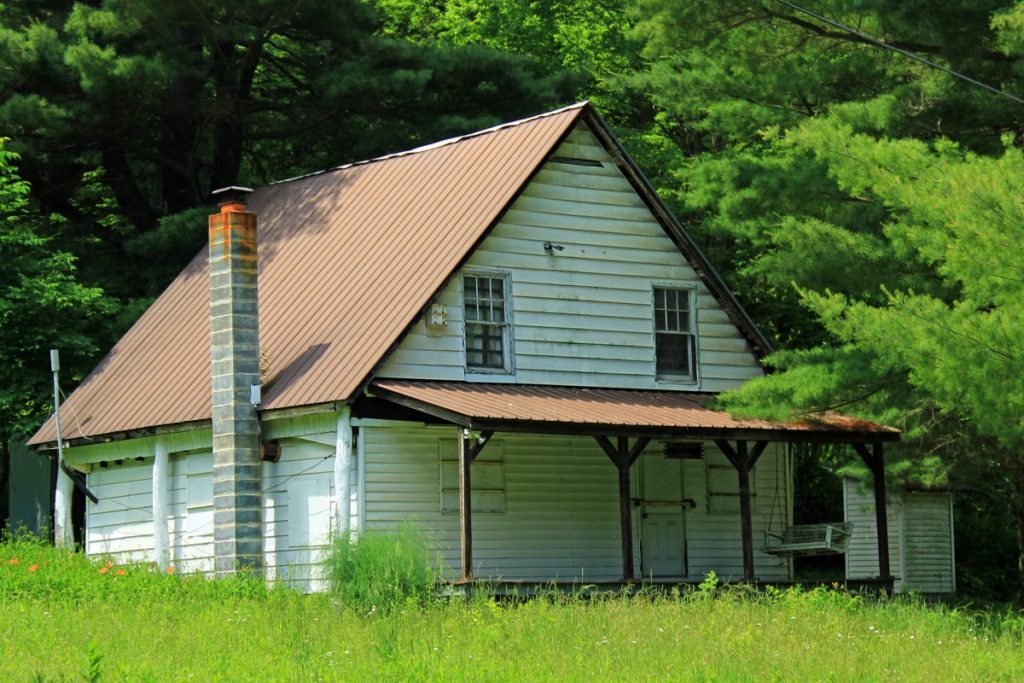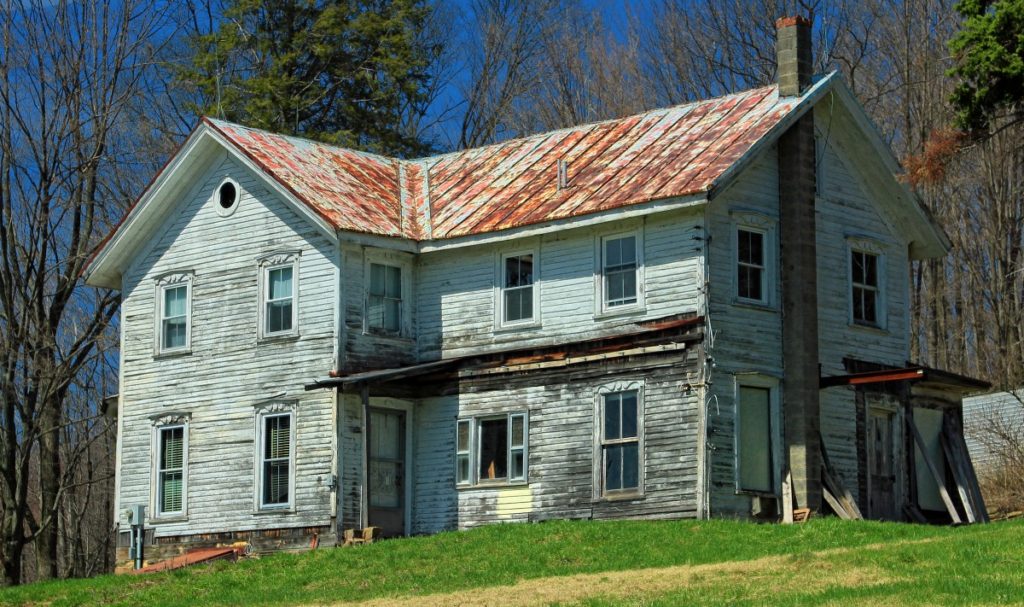What’s the difference, & how does it impact the purchase? *
From time to time, a buyer client will ask me if they can see a property that is one of two things. It’s either a short sale or a house that is bank owned, also known as a foreclosure. They are commonly confused, and I too once thought they were the same thing. Here are the biggest differences between a short sale and a foreclosure.
Short Sale:
In a short sale, the seller still owns the home but they owe more on their mortgage than the value of the home. The most common reason for short sales today is due to homeowners who purchased their house during the housing boom just before 2007-2008. Banks were approving loans left and right. Many people bought houses who probably couldn’t afford the house to begin with. When the market crashed, interest rates skyrocketed, and the home values dropped. The mortgage was now worth more than the value of the house.
In order for a short sale house to sell, the bank has to approve of the buyer’s offer. In many cases, this is also known as “Third Party Approval” sale. This process takes much longer than the typical sale. If you make an offer on a short sale property, depending on which state you live, it can take at least 3-6 months just for the bank to even look at your offer. Of course there are always exceptions to this, but they typically take a long time.
Before you even schedule to see a short sale house, you should ask your agent two important questions: “What did this house last sell for?” and “How much do the sellers owe?” You can save yourself a lot of time and aggravation if you know these answers before making an offer. If the numbers are too far off between what they owe and what the house is worth, there’s a good chance the bank won’t approve the sale.
Foreclosure:
A foreclosure property is a house that is already owned by a bank. Depending on the state, these houses are vacant or abandoned. The homeowner who once lived there stopped paying their mortgage, so the bank foreclosed on the home as the collateral for the loan. This article was super helpful in explaining it.
Homeowners don’t usually voluntarily go into foreclosure. Often times its because they fell on hard times and could not keep up with the payments. These sales are often referred to as “Bank Owned Properties” because the homeowner is not involved in this sale at all.
What do Short Sales and Foreclosures have in common?
If you decide to purchase a Short Sale or Foreclosure, the character that they most have in common is they are sold “as is”. This is very important to keep in mind. Any structural defects, pests, septic problems, or burst water pipes are the responsibility of the purchaser. These houses are often winterized, and the power is shut off to save energy. The buyer has the right to inspections for informational purposes, but the chances of re-negotiating something after the sale is approved is slim to none.
I just painted a really grim and depressing picture of Short Sales and Foreclosures, didn’t I? By no means, am I saying that it’s impossible to purchase one. There are plenty of short sale homes out there that are great. There are some nice foreclosures on the market too. All in all, it’s very important to understand the risks involved and how lengthy the process could be. Hopefully this post will help you with making or understanding your decision.
* Disclaimer: This article is for entertainment purposes only. Credit is given to the authors of articles that are quoted when the original author is known. Information on this site is solely for entertainment, and should not be substituted for legal, financial or tax advice. By entering this site you agree to be responsible for actions you take without proper financial, legal or tax advice.










